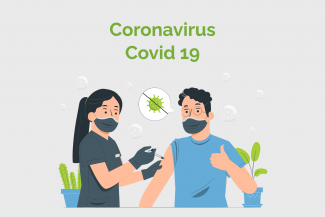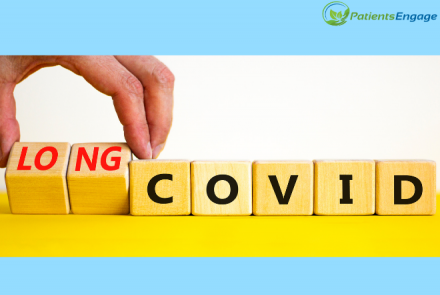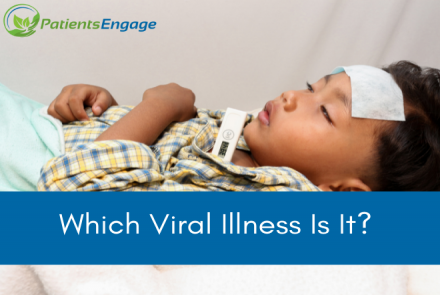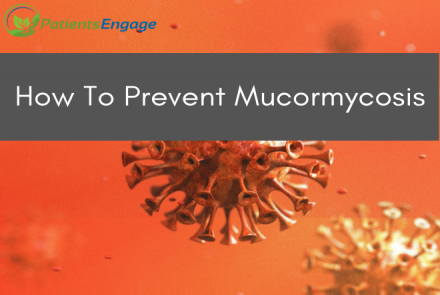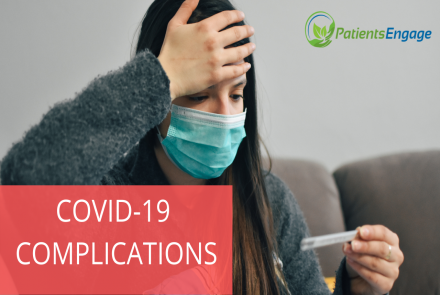
Treatment of patient with Covid-19
First steps after detection of a positive patient includes:
- Isolation for the patient who has tested positive
- Quarantine for suspected cases
As of now, there is no specific treatment for this infection. Most people report a mild or asymptomatic infection and require no specific treatment. For moderate or severely affected persons, hospitalisation is mandated. Treatment is supportive and ventilation for the critically ill patients. Various drugs are used to decrease the effects and manage the complications. Currently, the drugs used for moderate to severe cases include:
Monoclonal antibodies are used in high risk patients. Combination called cocktails of Casirivimab and Imdevimab or Bamlanivimab and Etesevimab are currently in use. They are however expensive and must be given by IV infusion in a healthcare facility. These cocktails are effective against the delta variant and not against the omicron variant.
Antivirals such as Remdesivir and Favipiravir were used extensively in 2021 but are now to be avoided. Their side infects included high pill load and increase in uric acid.
Antibiotics such as the newly released Molnupiravir is given in emergency cases. Azithromycin and Doxycycline have been used (with no significant results) except when secondary sepsis sets in.
Steroids (such as dexamethasone and methylprednisolone)are used for hospitalised patients only who are on oxygen or on a ventilator, ideally in the 2nd week of illness or in worsen viremia.
Hydroxychloroquine (HCQs) were hailed as the prophylactic drugs in the initial phase of the pandemic. However, it does not have any positive effect on mortality and caused severe arrythmias. HCQs are no longer recommended.
Convalescent Plasma is the transfusion of plasma containing antibodies from a recovered patient to an infected one to help fight the infection. The evidence on the efficacy of this has been questionable. Due to limited stock, it is also not easily available for use and reserved only for the critically ill.
Anticoagulants emerged as needed drug because of the frequent complication of thrombosis. Thrombotic microangiopathy involving the small blood vessels in the lung is the pathological hallmark of COVID. Guided by D-dimer levels, anticoagulants (such as low molecular heparin and apixaban) are used in all hospitalised cases and even prescribed for 3 weeks if the D-dimers levels are high at discharge time.
Coronil and other herbal medications are ineffective and must be avoided.

